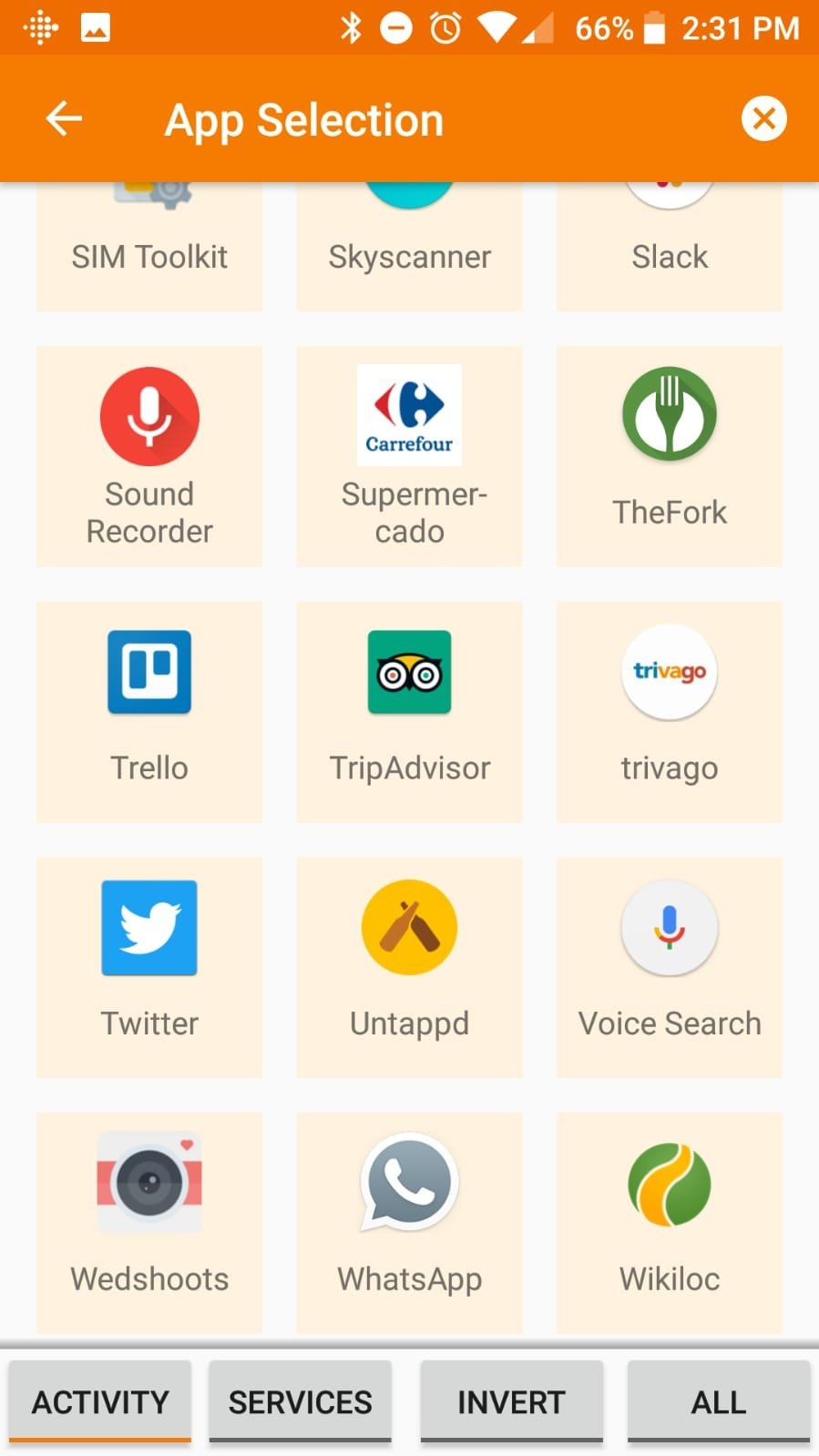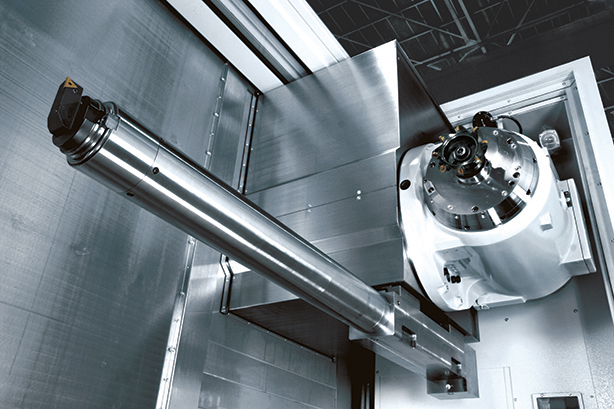
This is essentially ‘serial uni-tasking’. You may do less in a day, but you do it properly and completely. Prioritise it, setting times for your tasks, getting through them ONE BY ONE (sequentially – one task following the other).This eventually upsets the brain’s preferred, if not required, measured cognitive responses, as it settles speedily on a possibly erroneous evaluation of reality: referencing similar actions it used before, or just reflexive reactions.ĭistorted thinking, worry and stress can ensue. Our poor brains try to weed out which task is more important – to prioritise perceived dangers, for instance, in double-quick time – as it struggles to do things in some sort of order, which is how our brains work. Multi-tasking may affect us negatively by causing ‘information-overload’: Learning in order to commit information to your long-term memory store for later retrieval? (yes, I know we have Google but it’d be nice to retain information rather than constantly looking it up on our devices those answers, as we all know, rest in our short-term memories for a nanosecond).What about any learning – like ‘method-retention’ – in order to repeat the task efficiently next time?.

Skilled multi tasker series#
The preference for watching a Netflix film or series on your laptop/tablet, while scrolling your smartphone, sending and reading emails, checking news alerts, along with constantly switching between Instagram, Snapchat and Tik Tok, all to the soundtrack of your Spotify playlist, is not an efficient way of consuming information: we are just scanning everything at once. This switching has its cost to our cognitive brainpower, our perception and general information-processing one cost is not storing information successfully for retrieval at a later time. Yes, our brains are capable of rapidly switching from task to task, but this is not doing two or more things simultaneously, as multi-tasking implies and computers do all the time. Our brains are not naturally capable of multi-task functioning! In fact, multi-tasking was a term used to describe how computers worked back in the 1960s and has only been used as a term for human-brain activity relatively recently.Įven though we reference our brain as a type of supercomputer, it is not. Where did we even get the idea that multitasking is a good thing?! In a world of technological over-stimulation and fast-paced lives, this is something we should maybe take a closer look at. I also suspect assuming you should be a constant multi-tasker may be contributing to higher anxiety levels generally. Luckily, and interestingly, multi-tasking has been blown out of the water as a myth regarding human brain information-processing. Yes, creativity, innovation and discoveries can be attributed to being multi-tasked and multi-skilled, allowing spontaneity and serendipitous coincidences to occur and apparently, some studies show we can actually train our brains to multi-task however, it is not, strictly speaking, the way we should live our daily lives if we want to be effective and contented human beings. People tend to boast about their multi-tasking prowess which alludes to the opposite (uni-tasking) as being less virtuous and valued. Young mums try desperately to live up to the ‘women are good multi-taskers’ label, especially when juggling work and home life. You fear you may not be seen as a potentially good employee unless you can list a long string of tasks you perform as a multi-tasker under pressure.

If you don’t have a few things on the go, whether in your work or home life, you feel you may be seen as not busy, not capable and possibly not effective. Multi-tasking has become a desired, and almost expected, way of being.


 0 kommentar(er)
0 kommentar(er)
